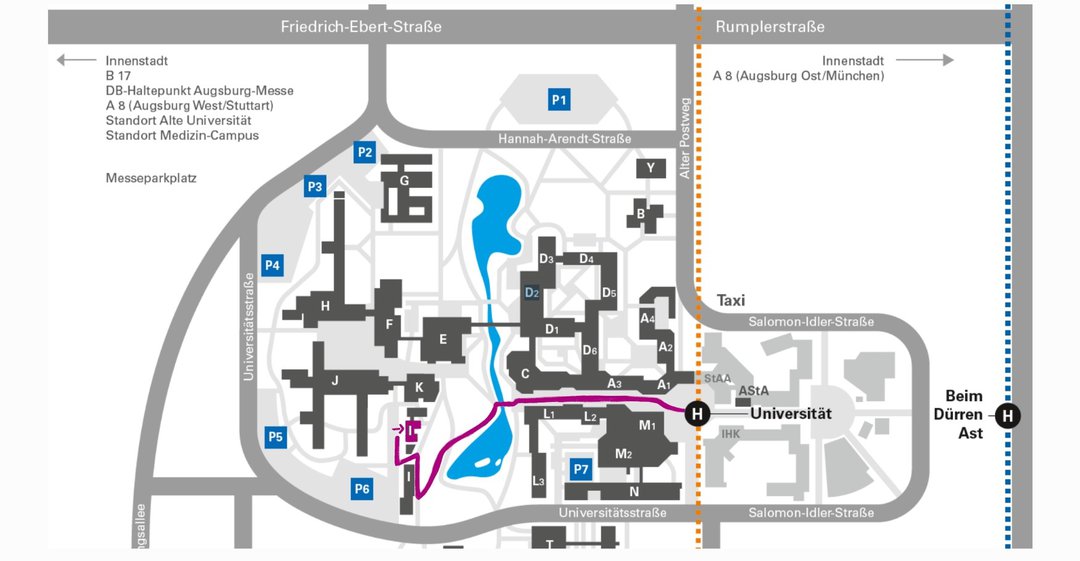Centre for Climate Resilience
Recent major flood events as well as the extremely dry and hot summers over the last few years have demonstrated that climate change and its consequences are becoming increasingly noticeable in Central Europe and are already having a major impact on people’s lives. Despite diverse political efforts and growing global awareness of the urgency of reducing greenhouse gas emissions, emissions continue to rise. Climate change is one of the most severe global challenges facing humanity. Both our past and our present actions continue to exert significant influence on the climate and the living conditions of future generations.
?
In view of the irreversibility of climate change impacts, active, sustainable climate policy requires the development and implementation of specific adaptation strategies. In order to maintain our health and prosperity, economic productivity, biodiversity, and long-term sustainable coexistence with the environment, ecological systems as well as our society and economy must become resilient to the impacts of global climate change.
?
Climate resilience entails the reduction of vulnerability to climate impacts and the strengthening of our capacity to adapt. Climate resilience therefore includes a broad spectrum of areas ranging from ecosystems to human health and society, economy, politics, and law. Climate resilience requires a comprehensive transformation.
?
The aim of the Centre for Climate Resilience is to develop the scientific foundations for adapting to the inevitable consequences of climate change, as well as developing holistic and implementable adaptation strategies for application at regional, national, and international levels.
News
Summer School (27.-30.5.2024) “Critical Social Science Perspectives on Climate Change: Governmentality, Political Ecology, and New Materialism"
The CCR-Chairs of Climate Politics, Environmental Sociology and Urban Climate Resilience host the above-mentioned? interdisciplinary summer school from 27th to 30th May 2024.The Summer School aims to bring together researchers and young academics of social sciences working critically on climate change mitigation and adaptation.

Summer School (27.-30.5.2024) on “Critical Social Science Perspectives on Climate Change: Governmentality, Political Ecology, and New Materialism"
The Chairs of Climate Politics, Environmental Sociology, and Urban Climate Resilience host the above-mentioned summer school from 27th to 30th May 2024. The interdisciplinary Summer School aims to bring together researchers and young academics of social sciences working critically on climate change mitigation and adaptation.

Weniger Plastik in Augsburgs Biomüll-Tonnen

Kontakt & Anschrift
Contact & Postal address
?
Centre for Climate Resilience - CCR
Universit?t Augsburg
Universit?tsstra?e 12
86159 Augsburg
?
Tel:??+49 821 598-4802
E-Mail: info@ccr.uni-augsburg.de
?
?
?
?
Follow us on Linkedin
Directions & Parking
?
The CCR ist based in the building I on the? campus map.
?
Precise directions on how to get us with public?transport or by car an be found on the bottom of this page.?
Parking: P5 + P6
?
?





